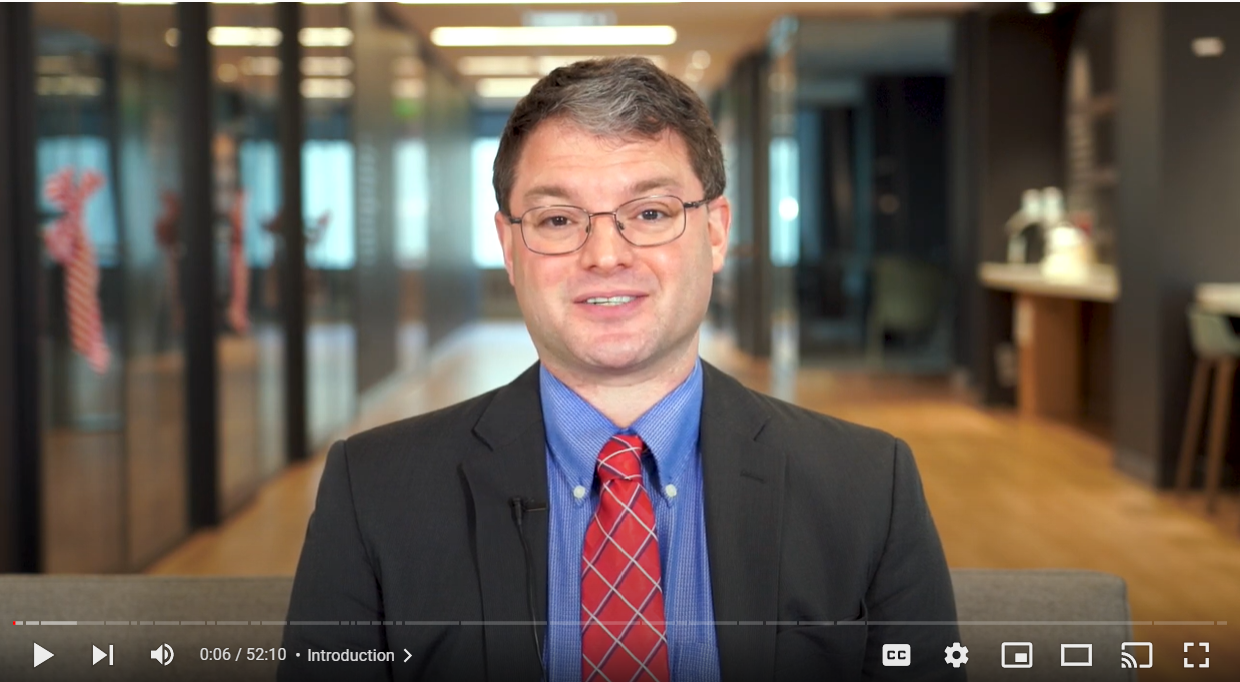Posts tagged State government
WA state workers OK new contract with retroactive pay hikes
September 18, 2025 // Those affected work at 14 community colleges and in nine state agencies. Among them are the Department of Natural Resources, Department of Revenue, the Liquor and Cannabis Board and Department of Agriculture. By law, public sector unions in Washington must approve a new contract by Oct. 1 to be considered by the governor for funding in the ensuing two-year budget. The spending plan Ferguson signed in May funds multiple public employee union contracts with pay hikes of 3% on July 1 and 2% next July. These agreements contain other salary-related changes, including raising the starting wage for state workers to $18 an hour. But last fall, Washington Public Employee Association members voted down their tentative agreement in pursuit of larger wage hikes. They didn’t get them, eventually ratifying an accord on April 3 with pay provisions mirroring those they’d rejected earlier.
National Right to Work Foundation Files Legal Brief Defending Wisconsin Act 10 as Union Bosses Seek to Regain Coercive Powers
July 10, 2025 // The Foundation’s amicus brief also states that the Dane County Circuit Court failed to consider whether, instead of striking down Act 10 as a whole, it could have expanded the statute’s pro-employee liberty provisions to cover all public departments to correct the alleged imbalances the court perceives in the law. “[T]he Circuit Court could have expanded the protection of Act 10’s re-certification requirements to all public employees in the State,” the brief says. In addition to Act 10’s benefits for independent-minded public workers, public spending analyses indicate that the law has relieved Wisconsin taxpayers from the enormous financial weight of wasteful union contracts. Some estimates show that Act 10 has saved the state roughly $35 billion since it was enacted.

One Big Beautiful Law on American Radio Journal
July 7, 2025 // This week on American Radio Journal: Lowman Henry talks with Vincent Vernuccio from the Institute for the American Worker about the proposed Employee Rights Act of 2025;
Political fights put spotlight on leader of Washington’s largest public employee union
June 13, 2025 // And he didn’t hold back with rhetorical slights against the new governor, calling Ferguson a “pseudo Democrat” at rallies and “Ratfink Robbie Ferguson” on Facebook. The swipes further brightened the exposure of the union’s demands. Yestramski said in a recent interview in the union’s Olympia headquarters that he prefers “adult conversations” to resolve differences, though he realizes what occurred in the legislative session “may have painted a slightly different impression.” But the gravity of the situation demanded a strong retort, he said.

Chicago Teachers Union secures clean energy wins in new contract
April 22, 2025 // If approved, the contract will result in new programs that prepare students for clean energy jobs, developed in collaboration with local labor unions. It mandates that district officials work with the teachers union to seek funding for clean energy investments and update a climate action plan by 2026. And it calls for installing heat pumps and outfitting 30 schools with solar panels — if funding can be secured. The Southeast Environmental Task Force led the successful fight to ban new petcoke storage in Chicago, and the group’s co-executive director Olga Bautista is also vice president of the 21-member school board. People for Community Recovery was founded by Hazel Johnson, who is often known as “the mother of the environmental justice movement.” And ONE Northside emphasizes the link between clean energy and affordable housing.
Commentary: Public employers should not collect dues for unions
June 3, 2024 // A bill passed last year in Arkansas is one that Washington state lawmakers should add to and propose, pass and send to the governor of our state. The Arkansas law prohibits school districts from deducting dues from employees' paychecks. Educators can pay a union on their own, of course. The new law also requires union member applications to contain a notice letting public workers — again, paid by taxpayers — know of their “rights to join or refrain from joining a labor organization.”
Unions pumped $700M into Democratic Party causes nationwide, nonprofit report finds
December 7, 2023 // "Our research illuminates the considerable political influence wielded by government unions, both in Washington, D.C., and in states throughout the nation," David Osborne, the Commonwealth Foundation's senior fellow of labor policy, told Fox News Digital. "Government unions use this power not only to advance leftist causes but also to elect political leaders who will protect their interests and influence. The result, unfortunately, is that federal, state and local governments are increasingly led by politicians who care more about union executives than union members or taxpayers."

Opinion: Florida Bill Would Make Government Unions More Transparent, Accountable
March 9, 2023 // The “Paycheck Protection Bill” includes language that would, among other things: prevent the state from deducting dues on behalf of unions from public employees’ paychecks, forcing unions to do their own billing and collections; require audits of unions representing public employees; require union membership cards to include wording echoing the U.S. Supreme Court’s 2018 ruling in Janus v. AFSCME, which recognized the right of public employees to decline union membership, dues, and fees with no loss of representation or benefits; and, perhaps most significantly, the bill establishes a new threshold and closes some unintended loopholes in a 2018 law that forces certification elections in situations where more than half of the bargaining unit has refused to support the union. These elections allow all employees who are represented by the union an opportunity to vote on whether the union will be allowed to continue representing them.

Why the Biden administration’s new Davis-Bacon prevailing wage proposed rule is so troubling for Americans.
June 2, 2022 // Today’s Davis-Bacon requirements are already problematic — driving up overall federal infrastructure costs as high as 10 percent and wages over 20 percent — on top of shifting more work to union over non-union workers despite the fact that over 86 percent of construction workers are not members of a union.
GOVERNMENT JOBS: 6 THINGS EVERY EMPLOYEE SHOULD KNOW ABOUT THEIR JANUS RIGHTS
May 5, 2022 // If you work for a local, state or federal government entity – a public school district, city hall, a state agency or another government body – you have “Janus Rights”, or the right to decide whether you want to join a union at your workplace. If you decide union membership isn’t for you, then you are not obligated to pay the union at your workplace any kind of dues or fees. The U.S. Supreme Court reaffirmed workers’ rights regarding union membership and support on June 27, 2018, in the case Janus v. AFSCME.
